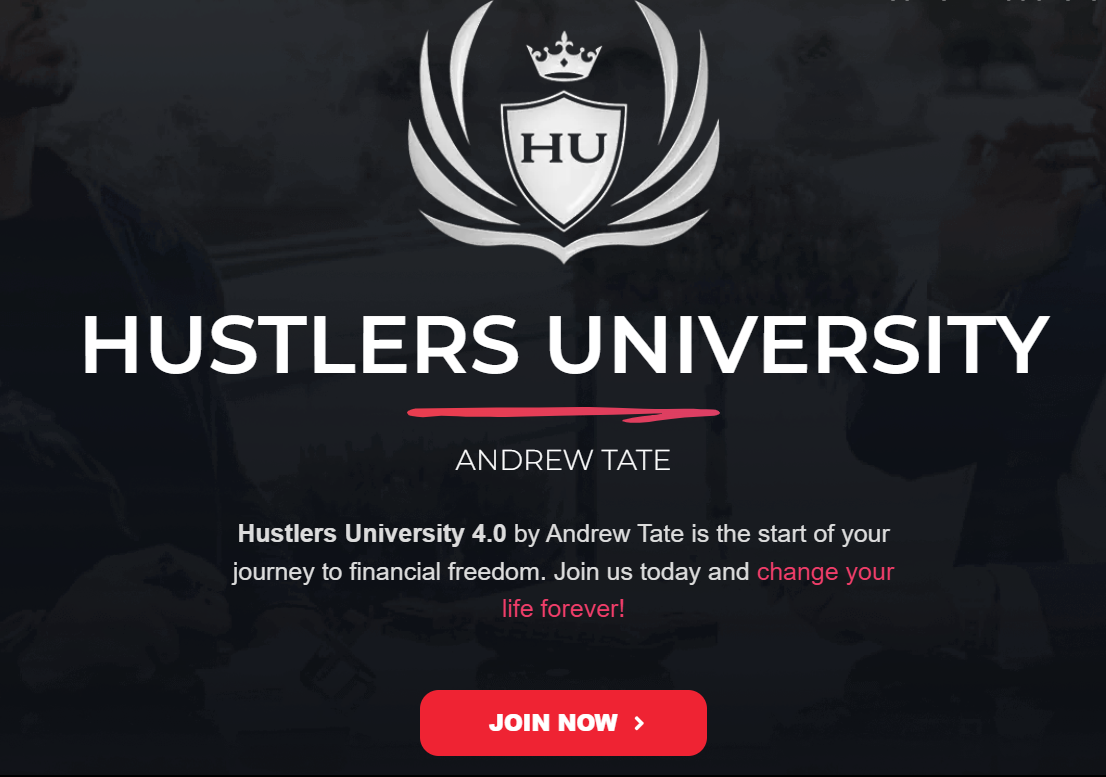
For centuries, education was defined by physical classrooms and traditional teaching methods. Yet, as technology, globalization, and evolving cultural values reshape society, education is experiencing a fundamental shift: the transition from in-person instruction to digital platforms. This shift is more than a surface change—online education is redefining how and why people learn, unlocking access and skills at a global scale.
This transition from physical classrooms to online education represents a structural and lasting change in the educational landscape. No longer a marginal option, digital learning has become integral to mainstream schooling, professional training, and personal skill development, signaling a permanent evolution in what education means and how it serves society.
Although online learning has been evolving for decades, the COVID-19 pandemic served as a catalyst for its rapid adoption. Schools and universities worldwide shifted lessons online almost overnight. What began as a crisis adaptation revealed the vast potential of digital education.
Students discovered flexibility and independence in learning. Teachers adapted to tools like Zoom, Google Classroom, and Microsoft Teams. Meanwhile, private e-learning platforms such as Coursera, Udemy, and Skillshare grew rapidly, connecting millions of learners with global instructors.
As we move forward, even as traditional institutions reopen, online education continues to thrive. Hybrid models that blend in-person and digital experiences have become the new norm, demonstrating the ongoing evolution of learning environments.
The popularity of online learning is no accident; it addresses key limitations of traditional education and introduces new opportunities:
Online platforms eliminate geographical barriers. A student in Bangladesh can enroll in a data science course from a Stanford professor, while a working parent in Brazil can access digital marketing lessons from top entrepreneurs.
Unlike rigid school timetables, online education lets learners control when, where, and how they study. This makes education compatible with work, family, and personal schedules.
Traditional education involves tuition, commuting, and accommodation costs. Online platforms reduce these expenses, offering free or affordable alternatives with certifications that hold real value.
Employers increasingly value skills over formal qualifications. Online platforms meet this demand by focusing on job-ready skills like coding, graphic design, finance, and project management.
From video lectures and interactive quizzes to gamified apps and virtual reality simulations, digital education supports multiple learning styles. This variety enhances engagement and retention.
The move from classrooms to screens is not just about convenience; it is powered by rapid technological innovation.
These innovations make education more engaging and effective, preparing learners for modern careers.
The rise of online learning reflects a cultural shift in how society views education. In the past, degrees were seen as the gateway to success. Today, skills, portfolios, and real-world expertise carry more weight.
Gen Z and Millennials are increasingly choosing online education for freelancing, entrepreneurship, and financial literacy skills, while lifelong learning has become common as professionals update their skills in a rapidly changing economy.
While digital learning offers many opportunities, it also faces hurdles:
Addressing these issues is crucial to making online education inclusive and effective
Several platforms are at the forefront of this transformation, each reshaping education in different ways:
Hustlers University, founded by Andrew Tate, is a subscription-based platform teaching skills like e-commerce, cryptocurrency, freelancing, and investing.
Hustlers University stood out for its community-driven approach. Members learned from instructors and networked with peers pursuing similar goals. The platform emphasized financial independence, mindset, and entrepreneurship, topics traditional schools rarely cover.
Over time, Hustlers University became The Real World, positioning itself as a global digital campus. Unlike mainstream academic platforms, its goal is not to award degrees but to equip students with income-generating skills. Critics argue its aggressive marketing overshadows its value, while supporters highlight its ability to deliver practical strategies that help individuals start earning online.
Whether one agrees with its methods or not, Hustlers University shows the changing expectations of education: young people want skills, speed, and results, not just certificates.
Looking ahead, education will likely become a blended experience. Universities may combine in-person lectures with digital resources. Corporations will continue to rely on e-learning for employee training, and individuals will use online platforms to build side hustles or switch careers.
We can also expect:
Education is no longer confined to physical spaces; it is becoming a lifelong, borderless pursuit.
The transition from classrooms to screens is not just technological—it's a fundamental redefinition of education’s purpose and potential. What started as a necessity has now become a deliberate, preferred path for millions seeking relevant, accessible, and practical learning.
Online education offers accessibility, flexibility, and affordability, while equipping learners with the skills demanded in today’s digital economy. Challenges remain, but technological innovation and cultural acceptance are steadily overcoming them.
From academic platforms like Coursera to entrepreneurial hubs like The Real World, digital education is redefining what it means to learn, work, and succeed.